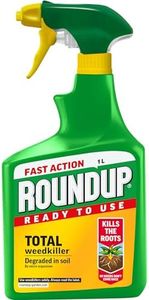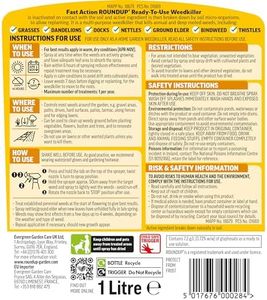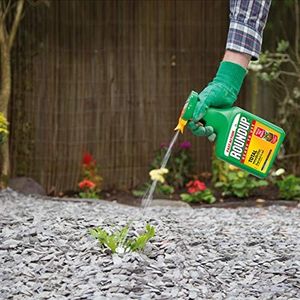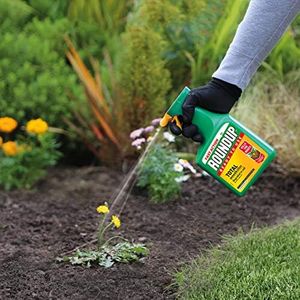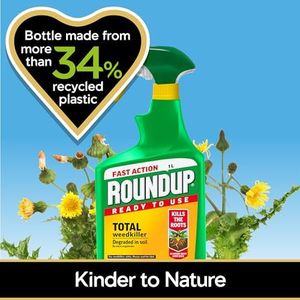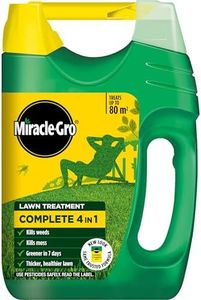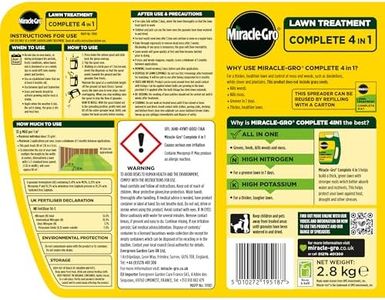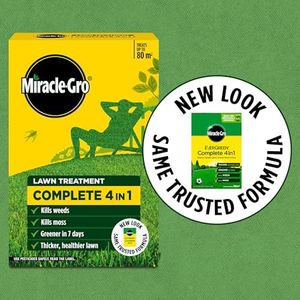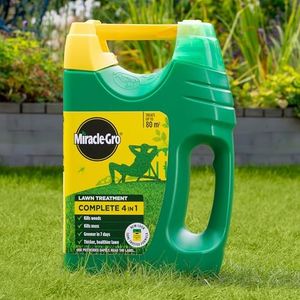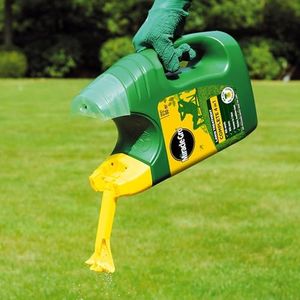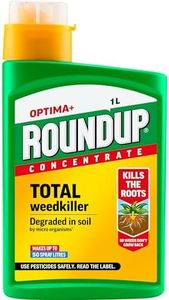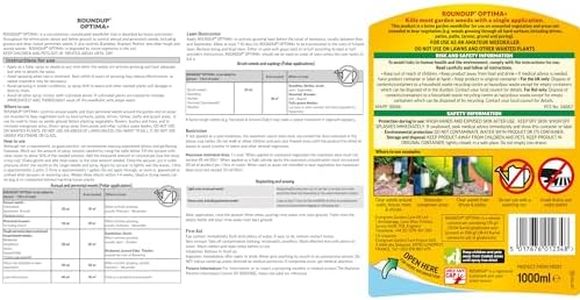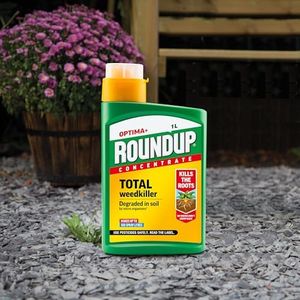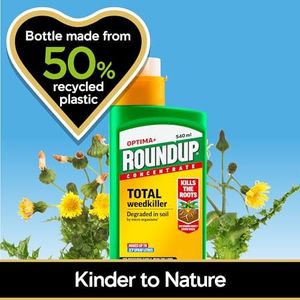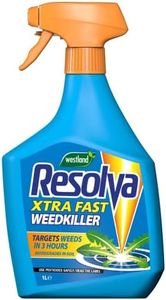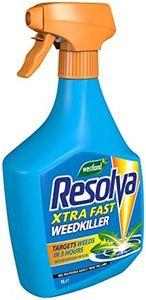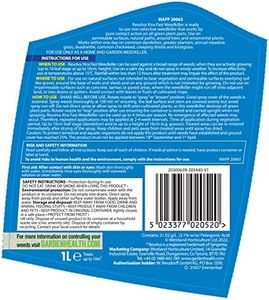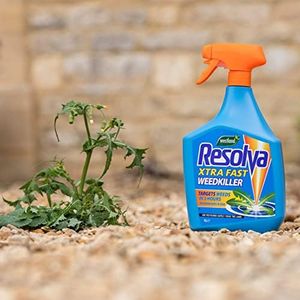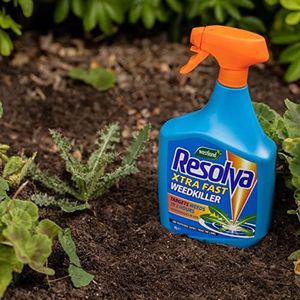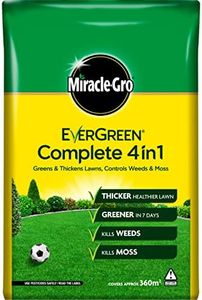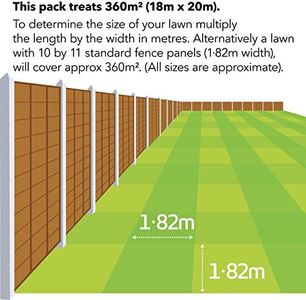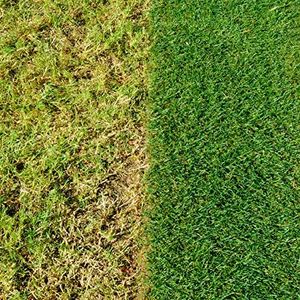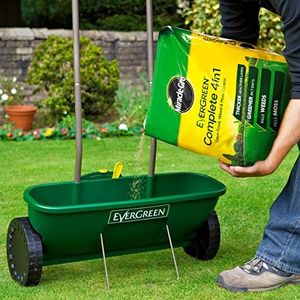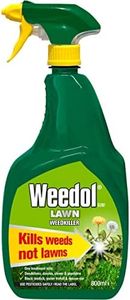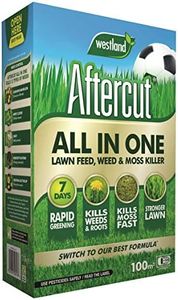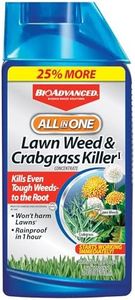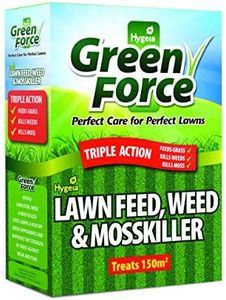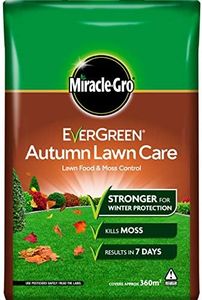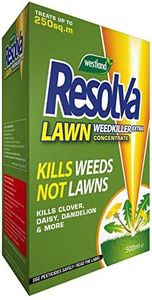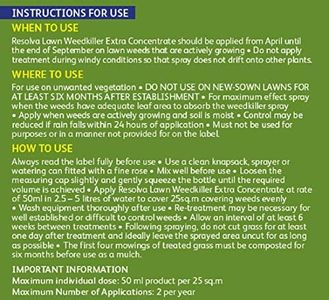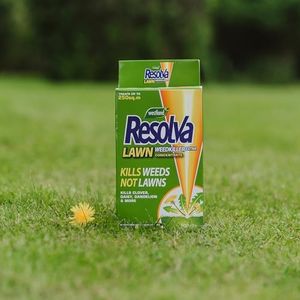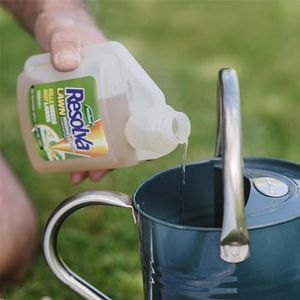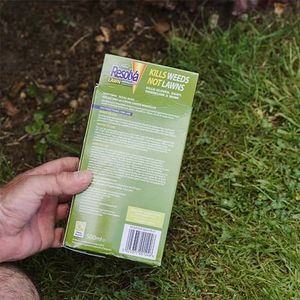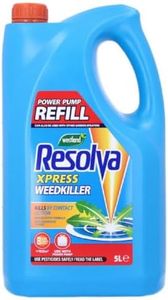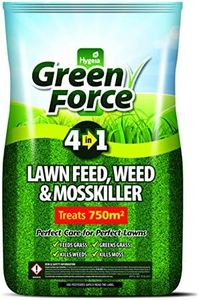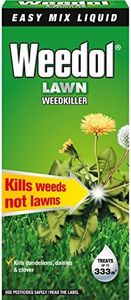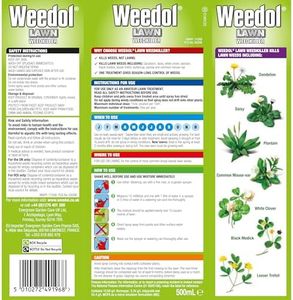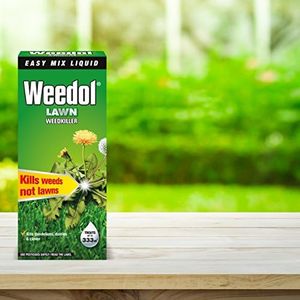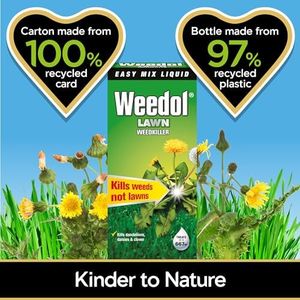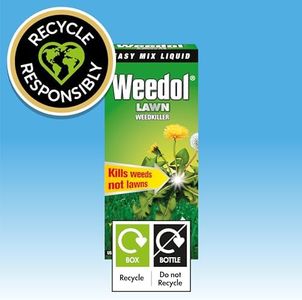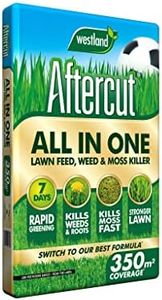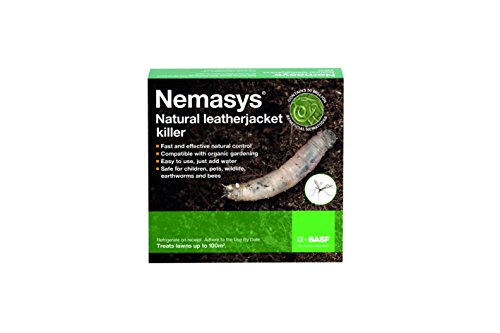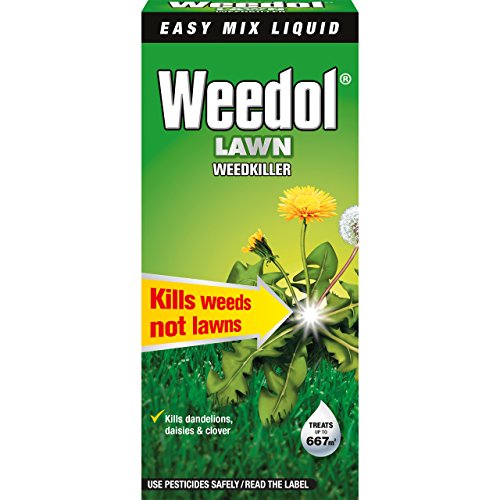We Use CookiesWe use cookies to enhance the security, performance,
functionality and for analytical and promotional activities. By continuing to browse this site you
are agreeing to our privacy policy
10 Best Lawn Weed Killers
From leading brands and best sellers available on the web.Top 10 Best Lawn Weed Killers 2025 in the UK
#1
Winner
Roundup Total Fast Action Weed Killer, 1 Litre
Roundup Total Fast Action Weed Killer, 1 Litre
Type of Weed Killer: Total Fast Action
Weed Type: common garden weeds
Application Method: spray
Safety and Environmental Impact: safe for kids, pets once dried
Chosen by 1227 this week
Miracle-Gro Complete 4-in-1 Lawn treatment, up to 80 m2, Yellow
Miracle-Gro Complete 4-in-1 Lawn treatment, up to 80 m2, Yellow
Type of Weed Killer: Granules
Weed Type: common lawn weeds and moss
Application Method: hand-powered
Roundup Optima+ Total Weedkiller, Concentrate, 1 Litre
Roundup Optima+ Total Weedkiller, Concentrate, 1 Litre
Type of Weed Killer: Total Weedkiller
Weed Type: Broadleaf weeds
Application Method: Liquid
Safety and Environmental Impact: Safe for children and pets once dried
Miracle-Gro Evergreen Complete 4 in 1 Lawn Food - 360 m2, 12.6 kg, Lawn Food, Weed & Moss Control
Miracle-Gro Evergreen Complete 4 in 1 Lawn Food - 360 m2, 12.6 kg, Lawn Food, Weed & Moss Control
Type of Weed Killer: Granular
Weed Type: Weeds and Moss
Application Method: Use EverGreen or Scotts spreader
Timing of Application: April to September
Safety and Environmental Impact: Keep children and pets away
#10
Recommended lists
Buying Guide for the Best Lawn Weed Killers
Choosing the right lawn weed killer is essential for maintaining a healthy and beautiful lawn. The key is to select a product that effectively targets the weeds you have without harming your grass or other plants. Understanding the different types of weed killers and their specific features will help you make an informed decision that suits your lawn care needs.Type of Weed KillerWeed killers come in two main types: selective and non-selective. Selective weed killers target specific types of weeds without harming the grass, making them ideal for lawns. Non-selective weed killers, on the other hand, kill all vegetation they come into contact with, which is useful for clearing areas completely but not suitable for lawns. Choose a selective weed killer if you want to preserve your grass while eliminating weeds.
Weed TypeDifferent weed killers are formulated to target specific types of weeds, such as broadleaf weeds, grassy weeds, or sedges. Identifying the type of weeds in your lawn is crucial for selecting the right product. If you're dealing with dandelions or clover, a broadleaf weed killer is appropriate. For crabgrass, look for a product that targets grassy weeds. Understanding your weed problem will guide you to the right solution.
Application MethodWeed killers can be applied in various ways, including sprays, granules, and concentrates. Sprays are easy to apply and are great for spot treatments, while granules are spread over larger areas and are activated by water. Concentrates require mixing and are suitable for treating large areas. Consider the size of your lawn and the extent of the weed problem when choosing an application method. For small areas or spot treatments, sprays are convenient, whereas granules or concentrates are better for larger lawns.
Timing of ApplicationThe timing of application can significantly impact the effectiveness of a weed killer. Some products are designed for pre-emergent use, preventing weed seeds from germinating, while others are post-emergent, targeting weeds that are already growing. If you're looking to prevent weeds from appearing, a pre-emergent product applied in early spring is ideal. For existing weeds, a post-emergent product is necessary. Consider the current state of your lawn and your goals when deciding on the timing.
Safety and Environmental ImpactSafety for pets, children, and the environment is an important consideration when choosing a weed killer. Some products are organic or have low toxicity, making them safer for use around pets and children. Others may have a more significant environmental impact. If safety is a priority, look for products labeled as pet-safe or organic. Always follow the manufacturer's instructions to minimize any potential risks.
